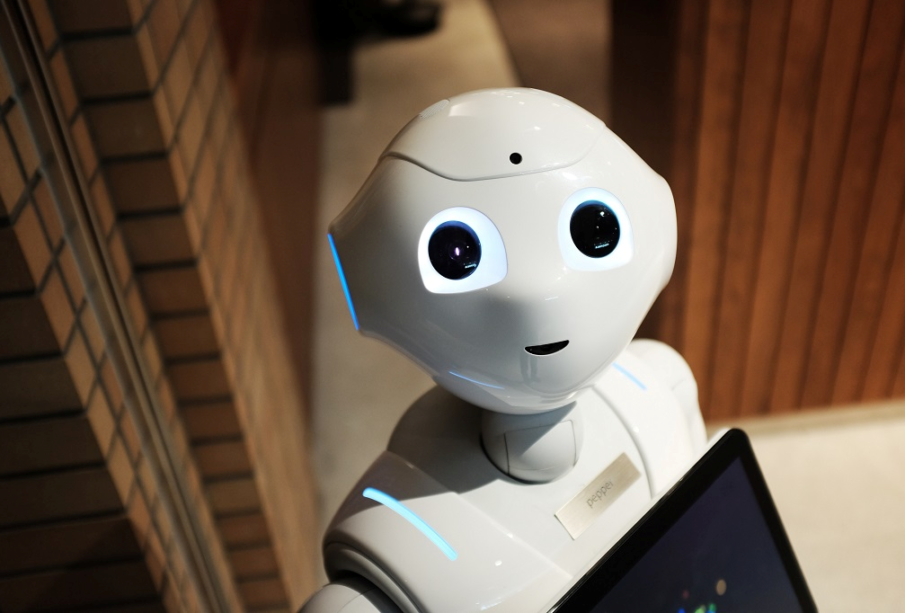A Brief Guide to Learn About the Artificial Intelligence

AI is one of the divisions of computer science that focuses on replicating human intelligence in machines. This is a useful concept to develop smart machines that are capable to perform tasks that need human intelligence.
Artificial Intelligence is an interdisciplinary science that along with deep learning and machine learning has resulted in a paradigm shift in almost every segment of the technological industry.
Let’s know more about Artificial Intelligence technology in this article.
What is the objective of AI?
The main objective of AI technology is to create software that can reason on input data and elucidate output. AI aims at providing human-like communications with software and offering decision support for explicit tasks.
AI aims at making the maximum use of data. Its self-learning algorithms help gain a competitive advantage over its competitors. By providing the best data/intellectual property and implementing the best techniques, it leads to increased productivity and growth in the organization.
What Is the Significance of Artificial Intelligence?
- AI uses data to mechanize repetitive learning and findings in the company. It performs recurrent, electronic and high-volume tasks dependably and without exhaustion.
- AI works by adding intelligence to the products and services of the business. Automation, smart machines, virtual assistants like chatbots can be grouped with large data to enhance several technologies at home as well as in the workplace.
- AI acclimatizes via progressive learning algorithms. It identifies regularities and structure in data so that these algorithms obtain a skill.
- AI examines deeper data with the help of neural networks. It develops a fraud detection system using big data and computer power.
- AI gains remarkable precision through deep neural networks that were not possible in the early days.
- Deep learning, object recognition and image classification will help AI techniques to identify cancer on MRIs with the same precision as trained radiologists.
Applications of AI
Following are some of the important areas of application of AI technology:
- Smart assistants like Alexa, Google Search, Siri, etc.
- Google Photos
- Disease mapping and estimation tools and MRI’s
- Manufacturing and drone robots
- Personalized and optimized recommendations for healthcare treatment
- Conversational bots for customer service, and marketing
- Robo-advisors to execute stock trading
- Spam filters on email
- Social media monitoring tools
- Recommendations for a television show or songs from Netflix and Spotify
What Technologies Support AI?
Following are some of the applications that enable the use of Artificial Intelligence.
- Graphical processing units form the key to AI as they offer the heavy compute power needed for iterative processing.
- The Internet of Things leads to a massive generation of data from interconnected devices.
- Advanced algorithms analyze data quickly and at multiple levels. This intelligent processing helps in the identification, prediction of rare events, learning complex systems, and optimizing varied scenarios.
- APIs or portable bundles of code make it easier to add Artificial Intelligence functionality to software products and packages.
Conclusion
New AI developments are helping small businesses to successfully streamline their operations without going overboard. This technology has made massive strides in a short period and is all set for wider adoption. However, as organizations are speeding up their AI efforts, it is essential that they need extra care, as small loopholes can lead to serious operational issues.
BusyFox.com.au is an excellent source for press releases and articles. You can visit the site for related blog posts.
















